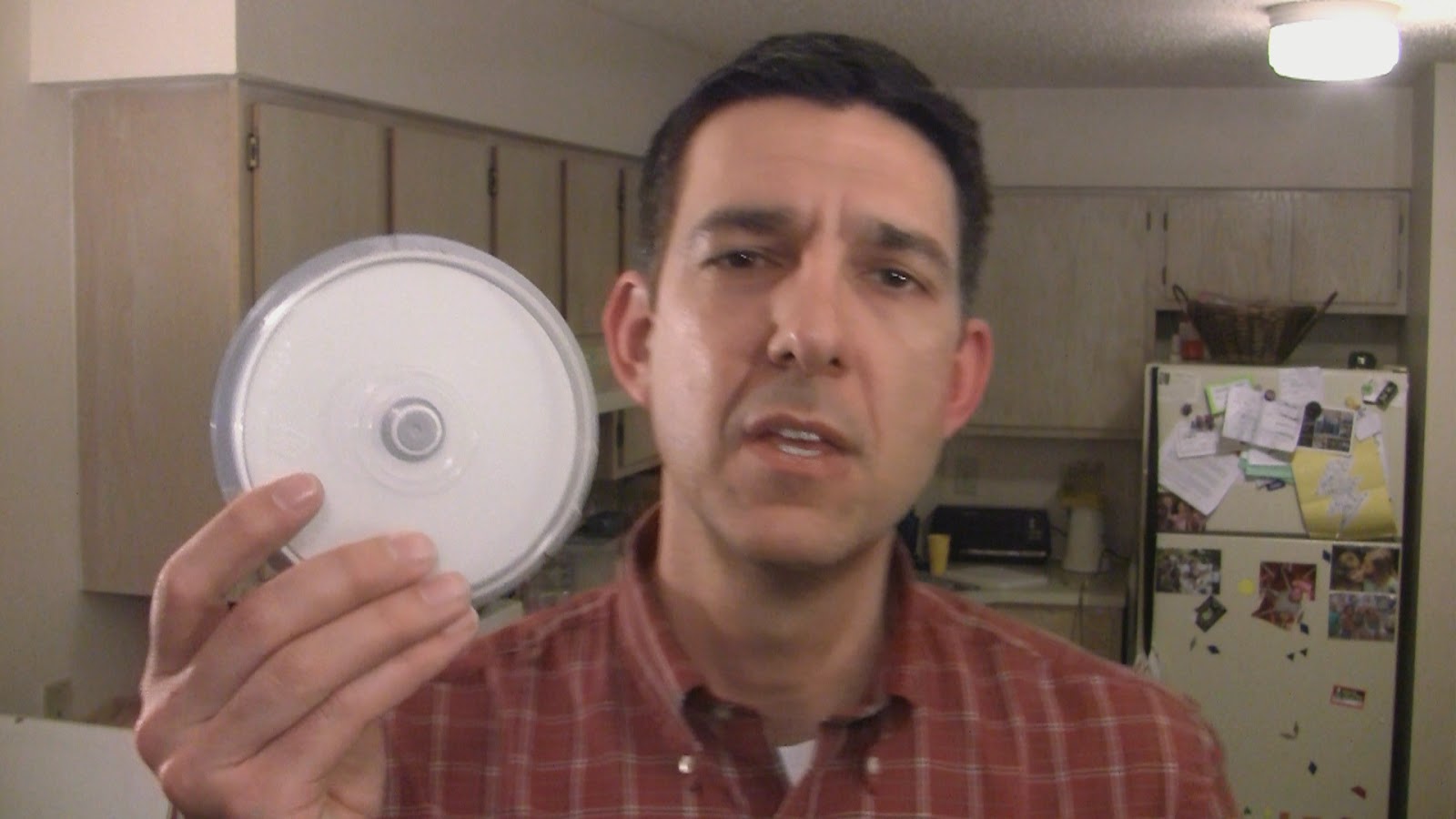Archive Your Video on Blu-Ray Discs
Over the last few years since I've been posting videos, I've accumulated quite a bit of video. In the past, when I would fill up my computer's hard drive, I would offload to an external drive. Now I have several hard drives and live in fear of the day when one or more of them will fail, taking my videos with it. I needed a safer, more permanent solution to archive my stuff.
What I settled on is nothing new, but in the wake of advancing technology has become more affordable to the filmmaker strapped by a dearth of funds. I'm referring to writable dual layer Blu-ray discs, that allow for 50GB worth of data storage per disc. They are easily stored, hold a decent amount of footage, and aren't as susceptible to data loss like a hard drive is.
The best news may be the price. I picked up a simple, no-frills burner on eBay for $60. It's a drawer-loading laptop drive inside a USB enclosure. You simply plug it in, your OS finds the driver and your ready to burn. The free sofware ImgBurn will take care of all your burning needs.
Just be careful when shopping for a Blu-ray writer. A lot of them are labeled as "Blu-ray writer/burners", but are actually only Blu-ray readers than burn standard DVDs. Always read the fine print before ordering. A good red flag for this is price. If it is less than $50, it probably doesn't burn Blu-rays (or maybe doesn't burn dual layer discs).
Tangible storage is also cheap and easy. Any standard CD/DVD case will hold your archive and you can store or transport your burner in a sleeve or hard case made for 7" tablet computers. Both these options are very cheap and very easy to find.
I realize this Blu-ray archive idea may not be so feasible with the impending 4k revolution on the horizon. Those large file sizes will need to be addressed in some other, probably yet undiscovered, way. Right now, if you are like me and still work in an HD environment, this isn't such a bad idea.

Comments
Just thought of leaving some ideas here.
I've been using a BD-R recorder for a while to backup stuff here (though I'm not using it as much anymore since I left the studio I was working at)... but be advised!
Even though BD-R tech is getting better, and it's far more reliable than DVDs of the past, it's still not fail safe.
I don't have the exact numbers, but in about 4yrs of burning stuff, I probably went over 300 discs or something like that. And of those - that I tested - I lost at least half a dozen of them already.
Everything matters when it comes to physical media, even more when it's exposed like BD-R and DVDs... humidity, heat, drastic temperature changes, stuff like that.
There is an ultimate solution - but it's far from frugal - that I considered investing once I really need it - Something like this:
https://www.synology.com/en-us/products/DS415play
A NAS running RAID. It's really overkill if all you want is to secure data, since it does a lot more than that, but sometimes it's just a necessity.
The NAS not only keeps it available in all sorts of situations, you can mirror the data in a couple (or more) different HDDs automatically so that in case one drive fails, you have another copy to replace.
Also, it's a good idea to keep a couple or even 3 different backups in diverse solutions... HDD, Cloud, crucial stuff into pendrives or SD cards, etc.
One thing I've thought about is using Parchive files (look it up on wikipedia) like we used in the Usenet days to help prevent data corruption. Of course that puts it in a compressed format that has to be uncompressed to use, but may be one way of preserving it.
I want to argue the reverse of others.
While I have not used BR, I have used optical media for a couple of decades. In fact I have CD-R's that are more than 20 years old and still going strong.
What is my difference? The CD's are in a carrousel CD changer. That means they are not touched by human hands, so no dirt and oil. The problem does not seem to be the media, but the grubby hands handling them.
I suggest using the same white gloves we photographers use handling negatives. Then storing the media in a safe clean place, like a safe deposit box.
In the past there were several grades of optical media, but these days you probably can only get the cheapest grade. I kind of hope that is about equal to the old medium grade stuff.
Anybody who thinks magnetic media is safer than optical, does not know what they are talking about. But, I suppose they read all about it on the web. I know I have argued about it there in the past.
Tom